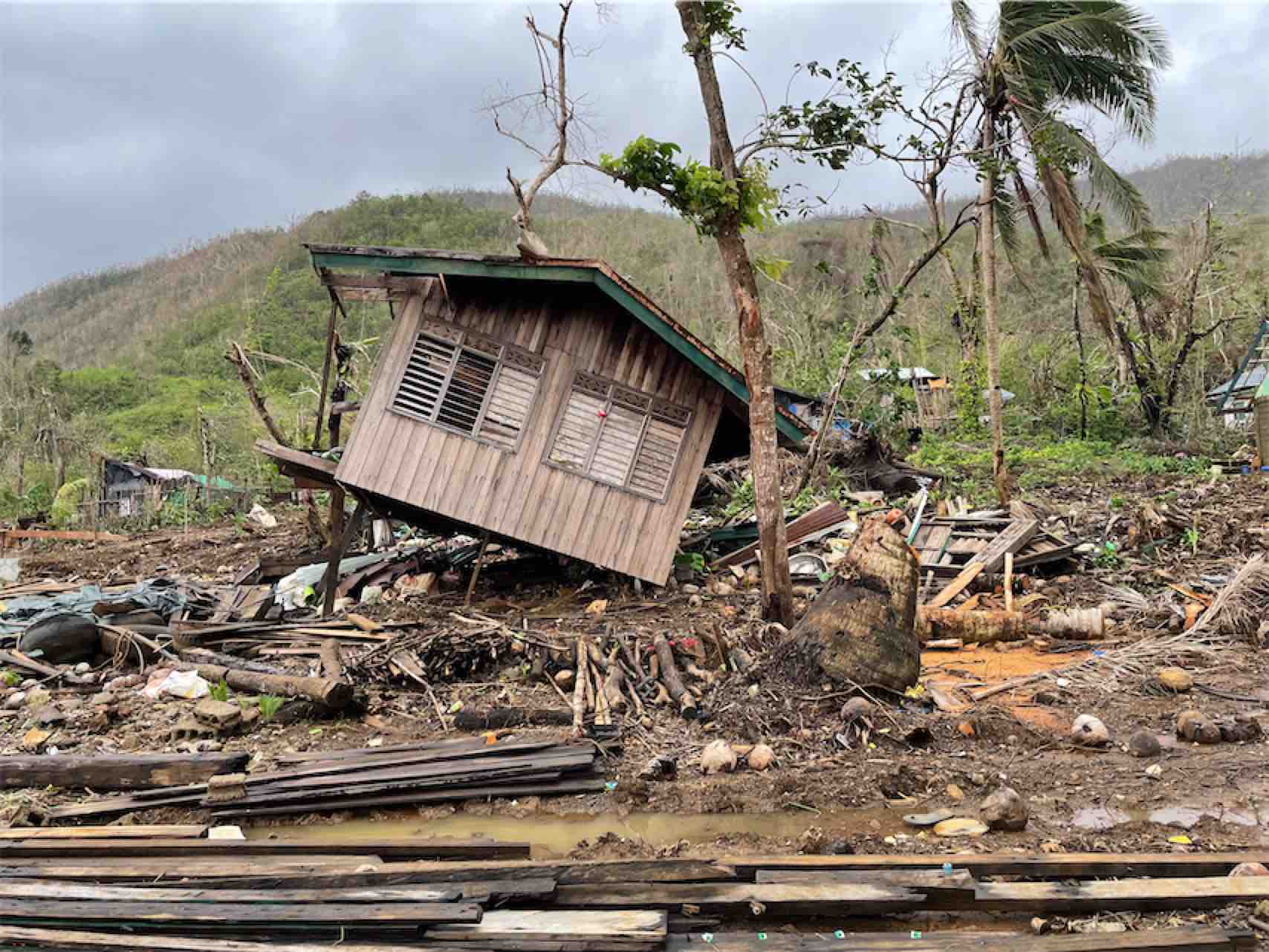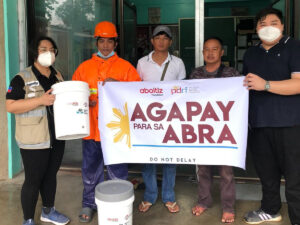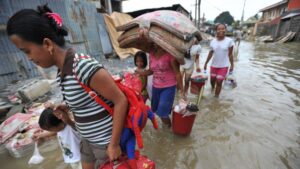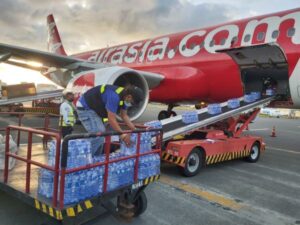The Philippine Disaster Resilience Foundation (PDRF) launched its early recovery programs this month following its Post-Disaster Needs Assessment (PDNA) on Typhoon Odette (International: Rai) hardest-hit areas.
With the support of its private sector network and partner organizations, PDRF will implement short to medium-term programs to provide resilient livelihood and shelters to reduce risks in communities. Target areas include selected barangays in Bohol, Cebu, Dinagat, Siargao, and Negros Occidental.
“We also see this as a springboard to also open up opportunities for long-term recovery initiatives. Our goal is very simple: it’s to develop programs pushing for the resilience agenda by strengthening localization and the communities’ journey to self-reliance. That is to restore communities and provide them with a disaster-resilient, climate adaptive, safe, and inclusive environment. That way, we can really say that it was built back better,” said PDRF Head of Development Programs and Innovation Trina Aspuria.
In a recent virtual briefing, PDRF presented the assessment results and the priority needs of these communities to various sectors which include livelihood, water, sanitation, and hygiene (WASH), and infrastructure.
Restoring livelihood
The pandemic has already disrupted the livelihood of cities and municipalities that rely on tourism. The damage brought by Odette has aggravated this. The local government unit (LGU) officials of the sites visited during the PDNA have expressed the need for alternative livelihood sources.
Part of the early recovery program is developing and implementing interventions that will provide immediate and sustainable sources of food and income for fisherfolks, farmers, and micro, small, medium enterprises (MSMEs). These interventions include building boats, restocking livestock and agriculture starter kits, and providing sari-sari store start-up kits.
A key ingredient to how PDRF programs its early recovery efforts is training. PDRF invests in capacity-building activities to ensure that communities are ready for future emergencies and less reliant on aid in terms of livelihood recovery.
Each focus sector includes trainings on Business Continuity for MSMEs, Financial Literacy, First Aid, and Basic Disaster Risk Reduction (DRR).
Building resilient Shelters
Thousands of families lost their homes and had to be relocated while others remain displaced. In Bohol alone, over 87,000 families still need permanent shelters. Hundreds of schools and health units were also damaged and destroyed, particularly in Bohol and Dinagat.
The early recovery program aims to provide high-quality roofing kits that will help repair shelters, schools, and health facilities as well as build new evacuation centers. The program will follow the Build Back Better approach, integrating DRR measures into restoring physical infrastructure and revitalizing livelihoods, economies, and the environment.
Water, Sanitation, and Hygiene
The program will also focus on WASH by providing rainwater catchment and water filtration systems for communities without water sources and damaged water systems.
MHPSS
The program will also provide mental health and psychosocial support (MHPSS) to island communities in Siargao to address the mental health concerns of residents that have been reported by the LGU. MHPSS sessions will be conducted with heads of households, mothers, teachers, and barangay or community health officers.
Member companies and other partners have expressed support for PDRF’s early recovery program including IsraAID, Manila Water Foundation, Metro Pacific Investment Corporation Foundation, Ayala Foundation, Aboitiz Foundation, Build Change, Alagang Kapatid, Inc., and Maynilad.
“PDRF was built for emergencies like Odette. And we will be there on the ground aiding in the rebuilding process for a long time to come as we were after Ondoy, Yolanda, and Marawi. If we work together, we could help Surigao and other damaged areas rise again,” said PDRF President Butch Meily.
In December 2021, Odette made nine landfalls in Eastern and Central Visayas, affecting 10 million people. PDRF and its private sector network immediately responded to aid the affected areas. Check out how PDRF is mobilizing its private sector network on its response and recovery efforts at bit.ly/PDRF-Storymap-Odette
For more information on how to support communities affected by Typhoon Odette, visit: www.pdrf.org/how-you-can-help/



